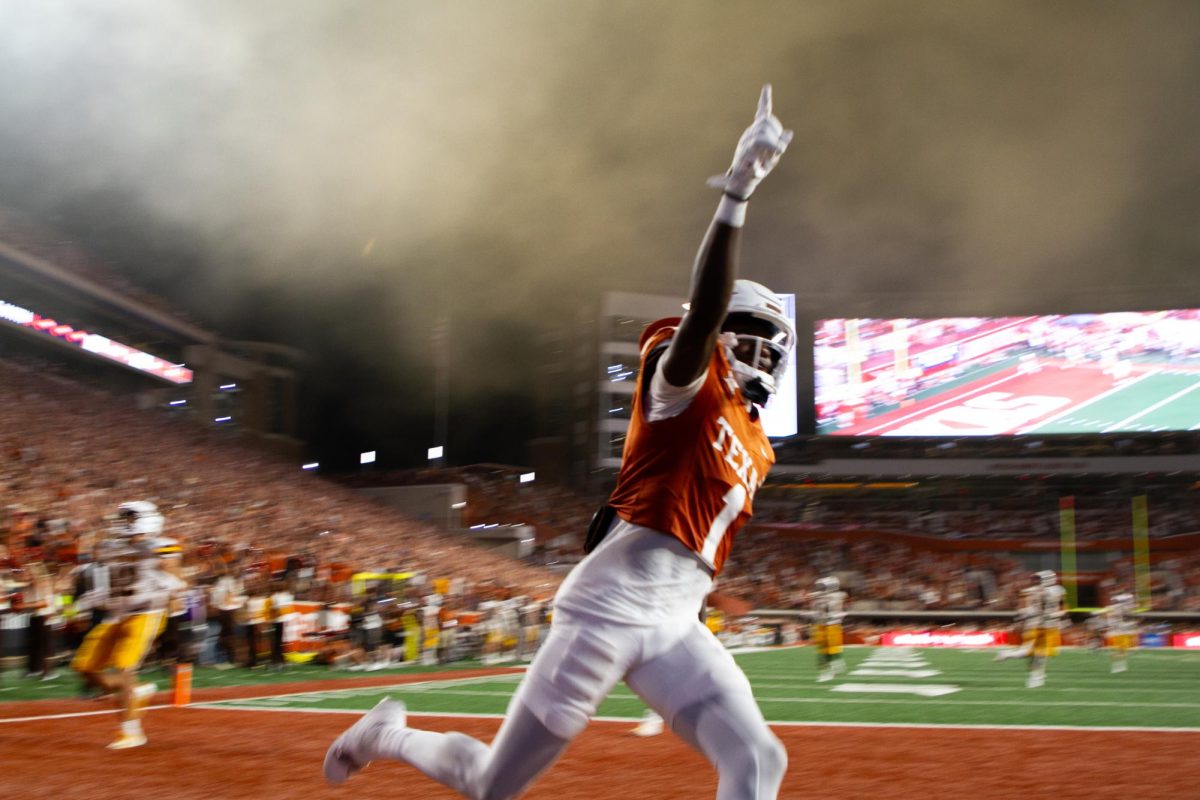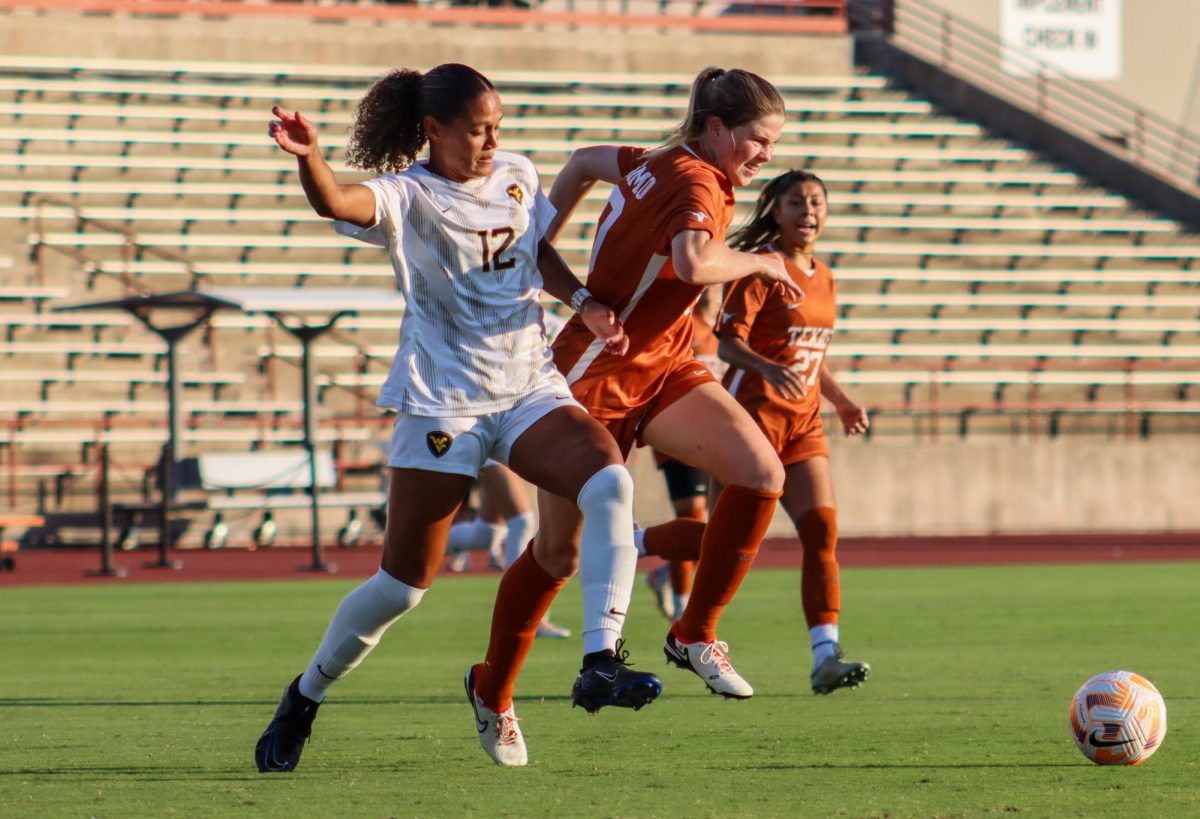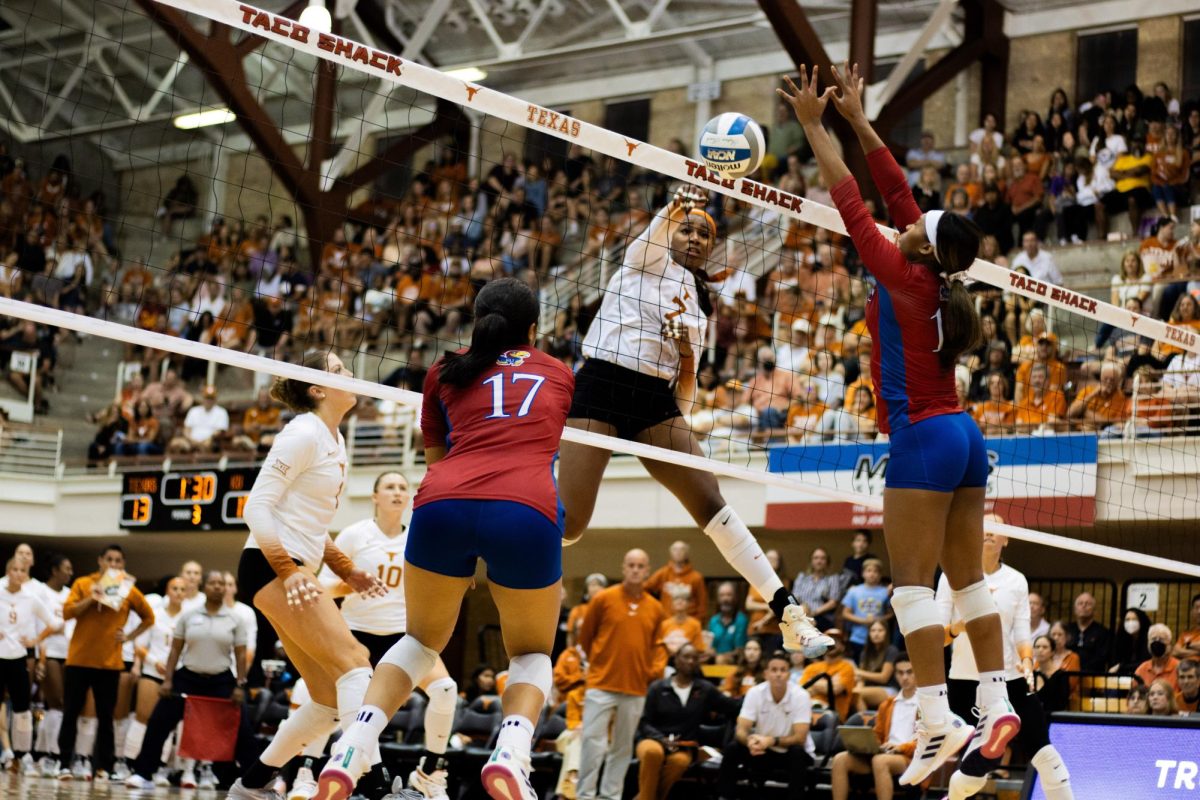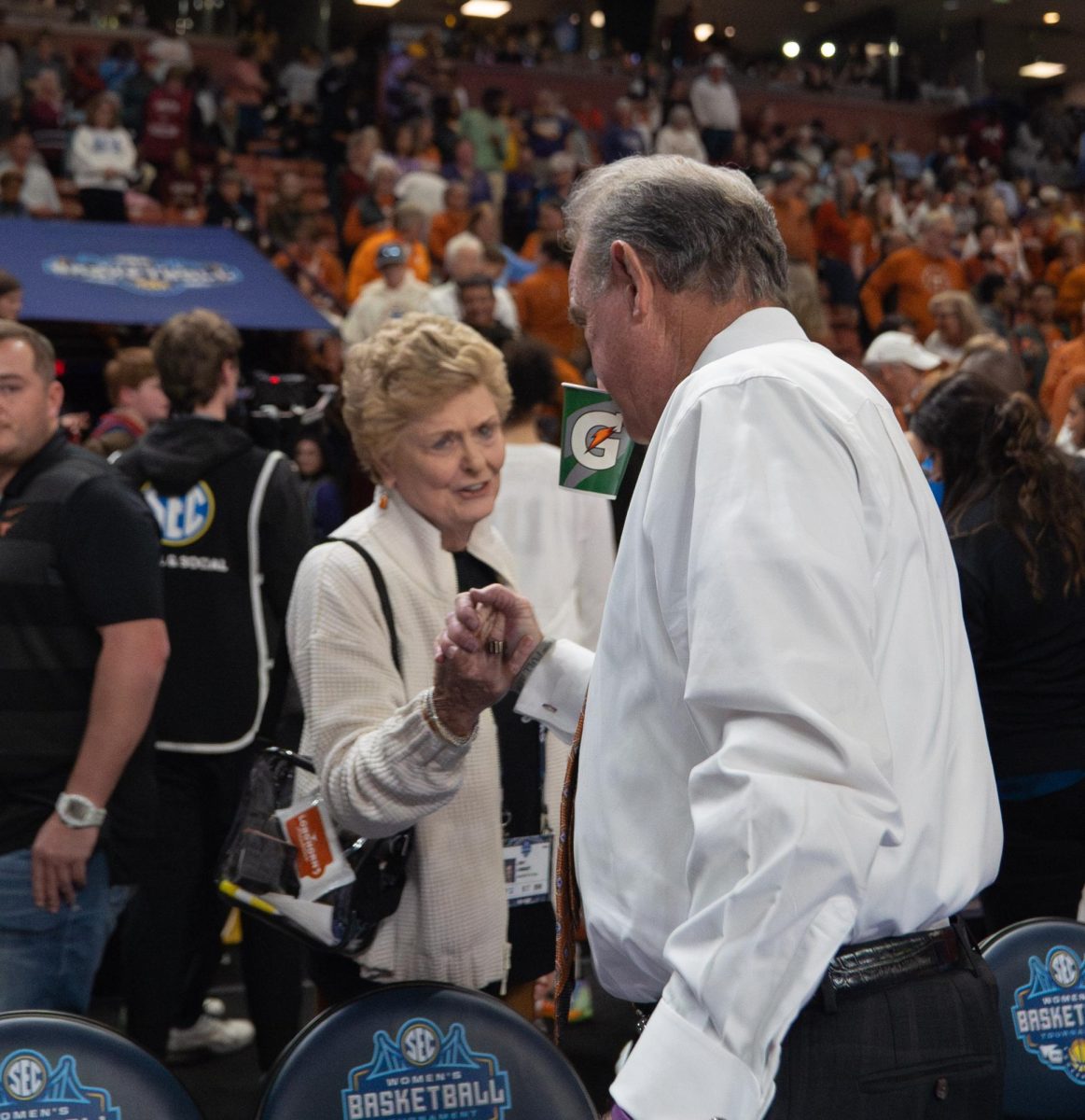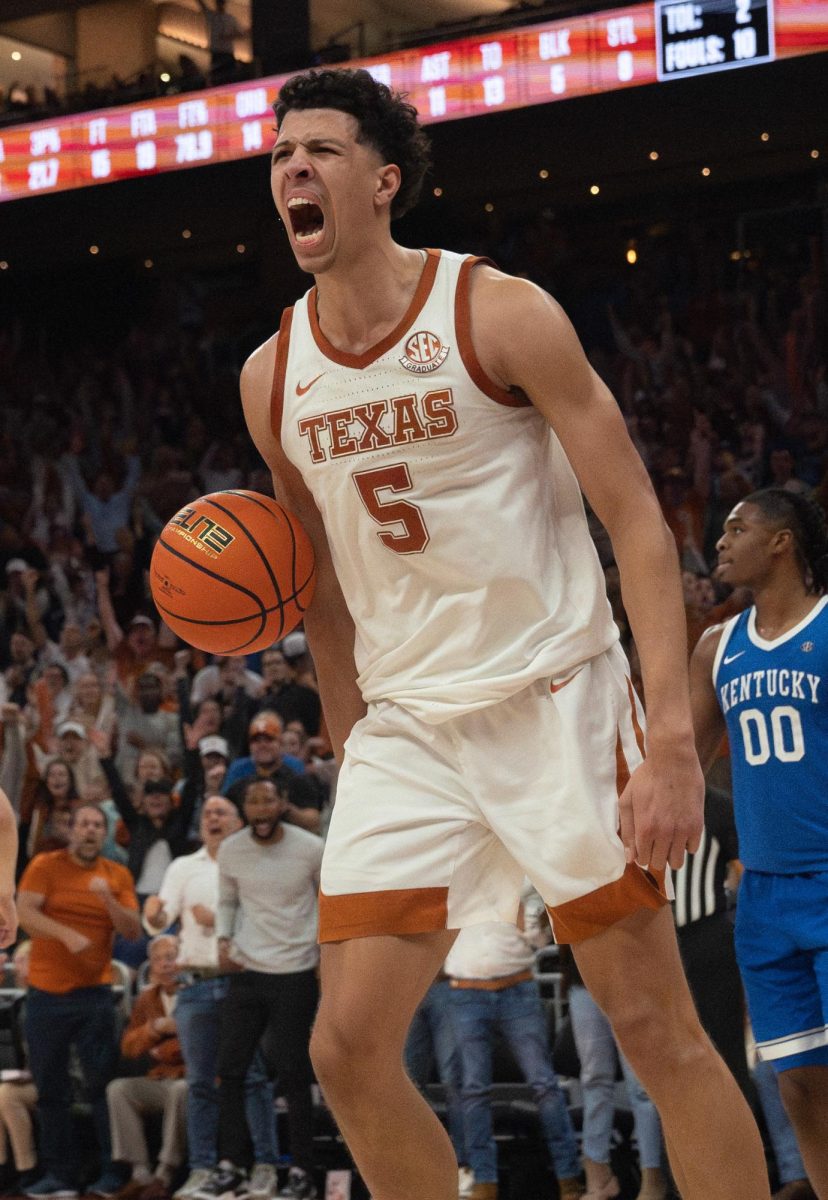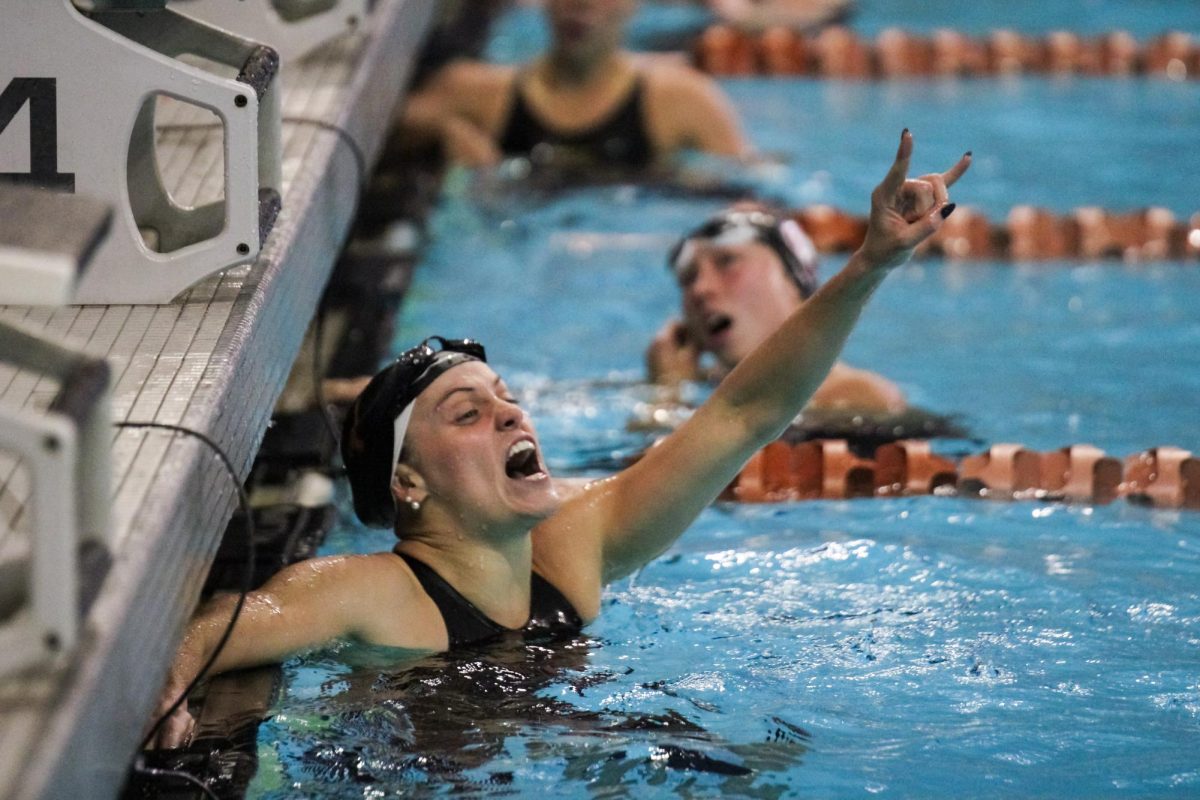If I’ve said it once, I’ve said it a thousand times — sports have this uncanny way of mimicking real life in some form
or fashion.
When Japan won the 2011 Women’s World Cup, they were ranked the fourth best team in the world, and miles behind the Americans, Swedes and Germans in terms of size and power. But like Japan, the nation, the players progressed forward with a quiet confidence that can’t be found in many teams, especially when their friends and family were dealing with disaster back home.
When Japan was devastated by the costly March earthquake — in terms of both lives and money — they spent little time grieving. Rather, they lived by the Japanese word “ganbare,” which has no literal translation into English. According to Japanese linguists, “persevere,” “fight on” and “hang in there” don’t quite capture its deeper meaning, but it is somewhere along those lines.
The nation still grieving, still working together to clean up the billions of dollars in damages, still mourning the uncountable loss of life, still trying to find any semblance of normalcy in their daily routines exemplifies the word, and it is certainly a mantra the Japanese squad lived by throughout the tournament and most evidently in the final match.
America shot 31 shots in the final. Abby Wambach, Alex Morgan, Carli Lloyd, Lauren Cheney and the rest of the U.S. team fired round after round at the small Japanese goalie, Ayumi Kaihori, but she didn’t sweat it. She allowed two perfectly executed, indefensible goals in, but brilliantly navigated the rest of the barrage.
America played power ball, and played it well for majority of the match. Morgan was able to use her speed and toughness to get in front of the Japanese defense and smash a shot into the upper corner of the net. Japan answered a few minutes later by being patient, forcing the U.S. to make a mistake and setting itself up for a cute little tap in right in front of Hope Solo and the American defense.
When Wambach received that beautiful cross from Morgan in the 104th minute, she towered over her defender to strike a perfect header into the back of the net. That didn’t stop the little-engine-that-could Japanese team from playing that unique brand of touch-and-go soccer that set up the eventual Homare Sawa back-heel goal in the dramatic 117th minute.
There’s no reason to be happy the United States lost, but there surely is reason to be happy Japan won. As a matter of fact, the United States played the better game, and in a perfect sports world, the stronger team should always come out on top.
But like the world, sports aren’t perfect, they are real. And reality, like sports, has only a few truths — mental toughness, teamwork and, above all, perseverance pay in the long run.
By the time the inevitable penalty kicks rolled around (you knew that was the only way to end the drama), Japan was aware it had finally worked hard enough to gain the upper hand. Before the teams took to the pitch, the Japanese team didn’t say much in their huddle. The camera caught head coach Norio Sasaki, simply smiling at his team in the huddle, as if to say, “We’ve already won this, now make it official.” Or maybe he was saying “ganbare.”
Printed on 07/18/2011 as: Japanese overcome odds, win in incredible fashion over favored Americans

